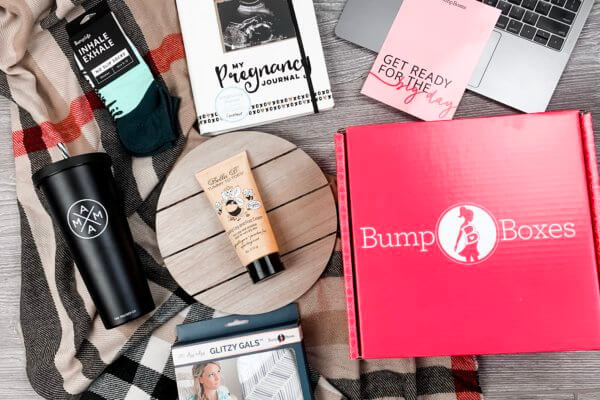The benefits of breastfeeding for both babies and moms are near-endless, from boosting your child’s immune system and helping her maintain a healthy weight to decreasing your postpartum bleeding and slashing your risk for certain cancers.
And now that the Affordable Care Act is making breastfeeding insurance coverage more comprehensive, getting the essential tools and support you need to nourish your baby is more accessible than ever.
Ideally, you should try to begin researching your breastfeeding coverage during the second trimester of your pregnancy, allowing yourself plenty of time to learn about your options and gain access to the tools and resources available to you before your baby arrives.
Here’s everything you need to know about the breastfeeding coverage changes that may have recently affected your healthcare plan, plus how to ensure you get everything you’re entitled to.
How has breastfeeding insurance coverage changed under the Affordable Care Act?
As part of the Affordable Care Act, private insurance carriers are now required to provide breastfeeding insurance coverage without cost sharing for all new moms. That means every time you give birth, your insurance plan must now offer you a breast pump as well as breastfeeding education and support—with no copay required.
What does my insurance provider cover?
The Affordable Care Act now mandates that insurance plans must provide breast pumps and lactation counseling. However, specific offerings will vary based on your individual plan. The best way to find out what your plan offers is to speak with your insurance provider.
You can also find out which Medela breast pumps are covered by your insurance here.
How can I make sure I get the tools and support I’m entitled to?
Since the Affordable Care Act was enacted, many insurance companies adapted their breastfeeding coverage policies. And though almost all policies provide new moms with their breast pump after delivery, it’s essential to be proactive. It’s never too early to find out from your insurance provider what kind of pump you can get, when you’re allowed to get it, and from where.
What if my insurance provider doesn’t offer the products and/or services I want?
Good news: Roughly 60% of healthcare plans allow you to upgrade from their basic option to the breast pump of your choice and simply pay the difference. And while most plans require you to get your breast pump from an in-network provider, insurers are working to be flexible. Just over three quarters of them will let you choose another breast pump if the covered pump isn’t available, and may even reimburse your purchase from a retail store.
What questions should I ask my insurance provider?
It’s a good idea to speak with your provider to find out exactly what your plan offers in terms of breastfeeding insurance coverage. Depending on your unique situation, here’s a list of questions to consider asking your provider.
You just found out you’re pregnant, and know you’ll want to breastfeed.
- What type of breast pump can I get?
- What brand is it?
- Can I get the breast pump before my baby is born, or do I have to wait until after giving birth?
- What if I want a different breast pump from what’s covered?
Your plan doesn’t offer the breast pump that you wanted.
- I want a specific type of breast pump. Is it covered?
- If not, I want to upgrade to it. How much will I have to pay to do this?
The breast pump your plan covers is out of stock.
- The breast pump you offer isn’t available where you sent me to get it, but they do have a different breast pump available. Will you cover it?
- Since I need a breast pump now, can you reimburse me for a breast pump I buy at a retail store?
You have a medical issue that separates you from your baby or otherwise interferes with breastfeeding.
- I have a medical need for a hospital-grade breast pump. Will the rental be covered?
- Do I need a prescription for proof of medical necessity?
You need breastfeeding support.
- What are the requirements for lactation counseling reimbursement?
- How many visits are covered?
- Is pre-authorization required?
Where can I get my insurance-covered breast pump?
When purchasing your breast pump, it’s important to get it from a distributor that accepts insurance. To find out where to buy or rent products, or to find a lactation professional, ask your insurance provider.
What if I have a medical issue, like the need to initiate milk supply or my baby is in the NICU?
Chances are, you’ll be able to get the hospital-grade breast pump you need, since more than three quarters of insurance companies cover them. It may require pre-authorization, though—so ask your insurance provider if you need a prescription or proof of medical necessity for a hospital-grade breast pump.
This article is sponsored by Medela.




